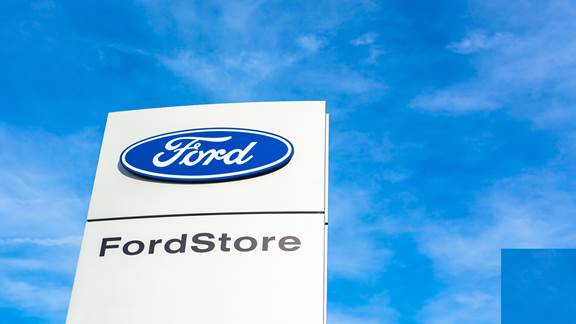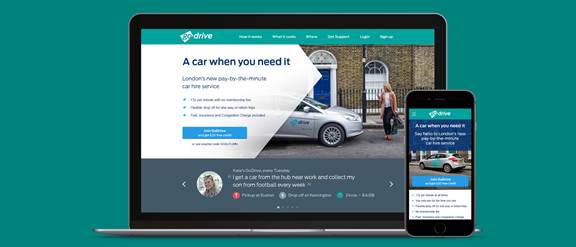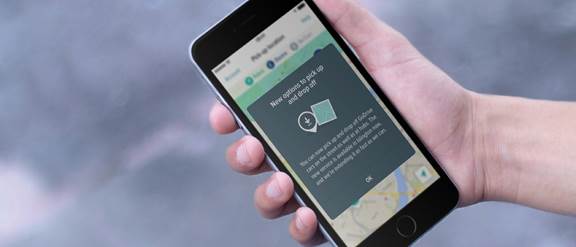By 2040, there are expected to be a staggering 9 billion people living in cities around the world. This increase in population creates an urgent challenge: over the next 25 years, many of our cities will enter a state of ‘global gridlock’, with insufficient room or roads to support the demand for cars.
With its long history of innovation, Ford chose to face the challenge head-on with a series of international experiments designed to uncover new, sustainable business models for the automotive industry. Known as the Smart Mobility Plan, the project kicked off in 2014/5 with 25 experiments running worldwide.
Exploring the future of urban car use
Ford

Ford partnered with Kin + Carta with a specific question in mind: what does a viable, on demand car sharing service look like?
London's most affordable car sharing service
Beginning with an intense period of user and market research, the team developed a technical proof-of-concept over the course of six weeks. This included working car reservation and return, with the ability to unlock a car from the app. This early work enabled us to validate the user experience and ensure technical stability before integrating with a payment solution.
An iOS-only MVP release was then tested extensively with 100 customers over a six month period, before going live in the App Store in 2015.
The new service, known as GoDrive, was ultimately designed to complement, rather than replace, existing transport modes. Its proposition was unique in the flexibility and affordability that it offered customers: one-way trips with guaranteed parking meant that unlike other car-sharing services, GoDrive customers didn’t have to return the car to its original location. With a pay-as-you-go approach and pay-by-minute pricing that covered congestion fees, insurance and fuel, GoDrive also proved highly cost-effective.

Designed for experimentation
The challenge for Kin + Carta, however, wasn’t just to design a new, end-to-end service. The project also needed to capture invaluable learnings that could later be used by Ford to inform future investment decisions.
To achieve this, Kin + Carta adopted a lean, hypothesis-driven approach right from the outset that allowed for rapid, iterative development and data capture. Each feature developed for the service was highly configurable, and could be measured through a range of analytics. This allowed the team to gain the highest possible level of insight into users needs, and capture real-time, granular data. This proved key when the team began to build the Android version of GoDrive: originally projected to take 18 months per platform to build, data and learnings from the iOS releases ensured the Android app was delivered in just five months.

Built for agility
As an ongoing learning experiment, it was critical that GoDrive was built with agility in mind from the outset to allow the project to pivot as needed or rapidly scale to support a global rollout if required.
The first step was to foster a robust DevOps culture. Kin + Carta's engineering team took the lead, supporting collaborative working, integration and quality assurance between partners across three continents.
In addition, the initial technical footprint was kept small while the system architecture allowed for rapid scalability as needed. Fully automated end-to-end behavioural tests proved key: enabling new features to be released every 8 days on average, however some days saw five different releases of the backend and web portal. This continuous delivery cycle operated successfully for over two years, and reduced testing overhead by 40%. The speed and efficiency of Kin + Carta's engineering team meant the scope of GoDrive extended beyond mobile to web. The team further delivered two web-based portals: one for customers, and the second for service operators to manage GoDrive’s fleet of Ford Focus Electric and Ford Fiesta cars.
A data-driven success
Perhaps the most mature experiment from the Smart Mobility Plan, GoDrive proved a highly successful service design experiment.


